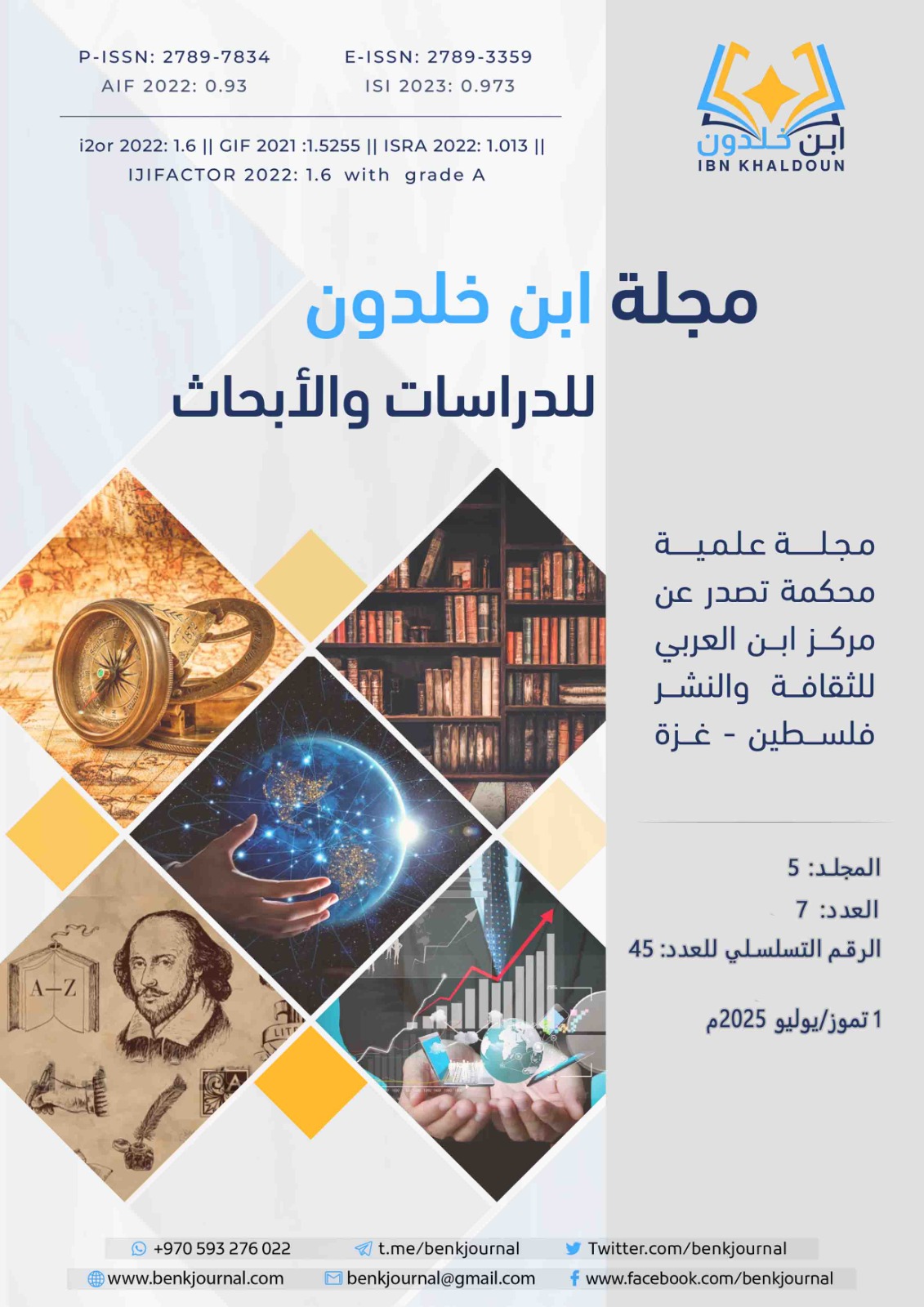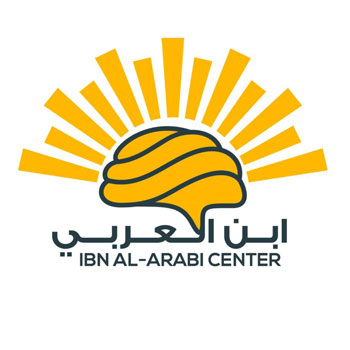دور الذكاء الاصطناعي في تنمية مهارات التفكير النقدي والإبداعي لتعزيز ريادة الأعمال لدى الطلاب من وجهة نظر معلميهم في سلطنة عمان
DOI:
https://doi.org/10.56989/benkj.v5i7.1512الكلمات المفتاحية:
الذكاء الاصطناعي، مهارات التفكير النقدي، مهارات التفكير الإبداعي، ريادة الأعمالالملخص
تهدف هذه الدراسة إلى استكشاف دور الذكاء الاصطناعي في تنمية مهارات التفكير النقدي، والتفكير الإبداعي، وتعزيز ريادة الأعمال لدى طلاب المدارس في سلطنة عمان من وجهة نظر معلمي مادة المهارات الحياتية.
حيث تنطلق الدراسة من التوجهات الوطنية لرؤية عمان 2040، التي تضع الابتكار والمعرفة في صميم العملية التعليمية، وقد اعتمد الباحث المنهج الوصفي التحليلي مستخدمًا استبانة إلكترونية طُبقت على عينة قصدية مكونة من 21 معلمًا ومعلمة، وتم تحليل البيانات باستخدام برنامجSPSS . أظهرت النتائج أن للذكاء الاصطناعي أثرًا ملحوظًا في تطوير مهارات التفكير العليا، إذ بلغ متوسط تقييم المعلمين لمحور التفكير النقدي (4.33)، والتفكير الإبداعي (4.41)، وريادة الأعمال (4.52)، وهي مؤشرات تعكس درجة عالية من القناعة لدى المعلمين بأهمية الذكاء الاصطناعي في تعزيز بيئة التعلم.
كما لم تظهر فروق ذات دلالة إحصائية في تقييمات المعلمين تُعزى للجنس، أو المؤهل، أو الخبرة، أو المرحلة التعليمية، مما يدل على تجانس في التوجهات التربوية. وقد أوصت الدراسة بإدماج الذكاء الاصطناعي في المناهج الدراسية بشكل منظم، وتدريب المعلمين على استخدام أدوات التصميم والتحليل الذكي، وتهيئة بيئات تعلم رقمية محفزة، بما يسهم في إعداد جيل ريادي قادر على الابتكار والمنافسة في ظل اقتصاد معرفي متسارع.
This study aims to explore the role of artificial intelligence in developing critical thinking skills, creative thinking, and enhancing entrepreneurship among school students in the Sultanate of Oman from the perspective of life skills teachers.
The study stems from the national directions of Oman Vision 2040, which places innovation and knowledge at the heart of the educational process. The researcher adopted a descriptive analytical approach, using an electronic questionnaire administrated to a purposive sample of 21 teachers. The data was analyzed using the SPSS program. The results showed that artificial intelligence has a notable impact on the development of higher- order thinking skills, as the average teacher evaluations were (4.33), for critical thinking, (4.41) for creative thinking, and (4.52) for entrepreneurship–indicators that reflect a high level of conviction among teachers regarding the importance of artificial intelligence in enhancing the learning environment.
There were also no statistically significant differences in the teachers’ evaluations based on gender, qualification, experience, or educational stage, indicating a homogeneity in educational orientations.
The study recommended the systematic integration of artificial intelligence into school curricula, training teachers in the use of intelligent design and analysis tools, and preparing stimulating digital learning environments, thereby contributing to the development of an entrepreneurial generation capable of innovation and competition in a rapidly evolving knowledge-based economy.
المقاييس
المراجع
• Abu Jalil, A. (2022). Critical thinking skills and their educational applications. Dar Al-Fikr Al-Arabi.
• Al-Muqbaliyah, H. (2019). Entrepreneurial education: Concepts, skills, and applications. Muscat: Ministry of Education.
• Alasgarova, R., & Rzayev, J. (2024). The changing role of educators in the age of artificial intelligence: Molding minds at the digital dawn. Proceedings of the International Conference on AI and Education, Baku, Azerbaijan.
• Creswell, J. W., & Creswell, J. D. (2018). Research design: Qualitative, quantitative, and mixed methods approach (5th ed.). Sage Publications.
• Dwivedi, Y. K., Hughes, D. L., Ismagilova, E., Aarts, G., Coombs, C., Crick, T., ... & Wamba-Taguimdje, S. L. (2023). Entrepreneurship education in the era of generative artificial intelligence. Entrepreneurship Education.
• Favero, L., Pérez-Ortiz, J. A., Käser, T., & Oliver, N. (2024). Enhancing critical thinking in education by means of a Socratic chatbot. arXiv preprint arXiv:2409.05511.
• Field, A. (2022). Discovering statistics using IBM SPSS statistics (6th ed.). Sage Publications.
• Hanafi, A., et al. (2022). Foundations for constructing measurement tools in educational and psychological sciences. Cairo: Dar Al-Fikr Al-Arabi.
• Oman Vision 2040. (2020). The national document for Oman’s future vision. Sultanate of Oman: Vision Implementation Follow-up Unit. Retrieved from https://www.oman2040.om/
• UNESCO. (2023). Artificial intelligence and the futures of learning. Retrieved from https://unesdoc.unesco.org
• Winkler, C., Hammoda, B., Noyes, E., & Van Gelderen, M. (2023). Entrepreneurship education at the dawn of generative artificial intelligence. Entrepreneurship Education and Pedagogy.
• Yildiz Durak, H. (2024). Effectiveness of artificial intelligence integration in design-based learning on design thinking mindset, creative and reflective thinking skills: An experimental study. Education and Information Technologies.
التنزيلات
منشور
كيفية الاقتباس
إصدار
القسم
الرخصة
الحقوق الفكرية (c) 2025 مجلة ابن خلدون للدراسات والأبحاث

هذا العمل مرخص بموجب Creative Commons Attribution-NonCommercial 4.0 International License.































 ElDjawda Soft
ElDjawda Soft